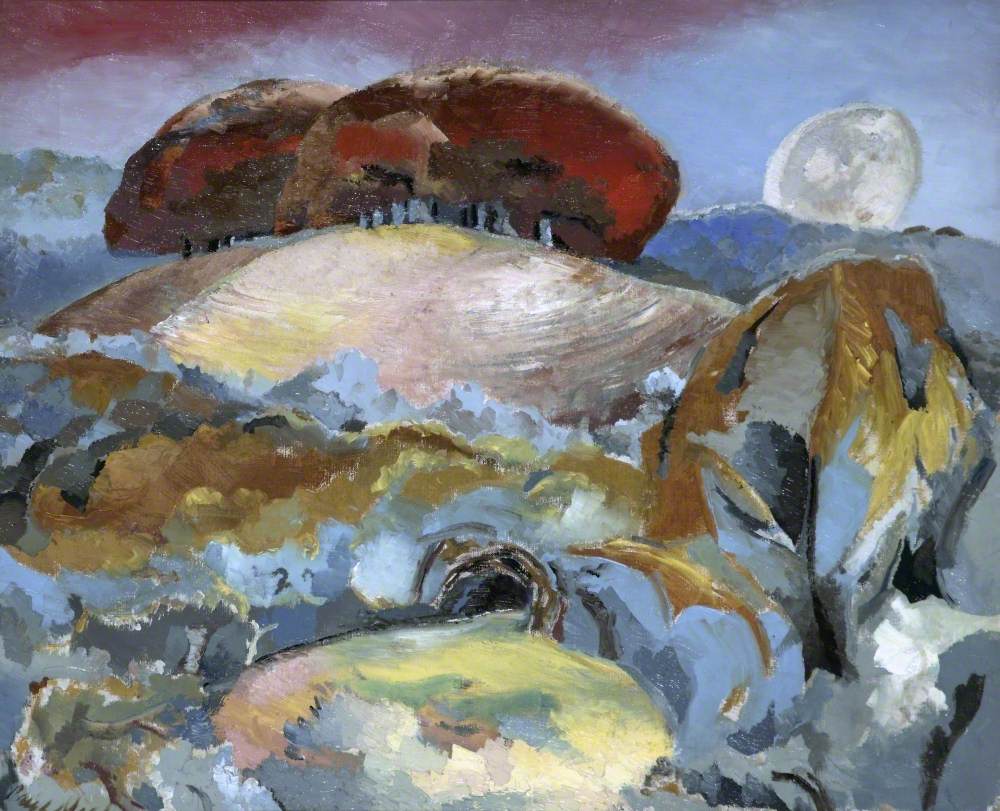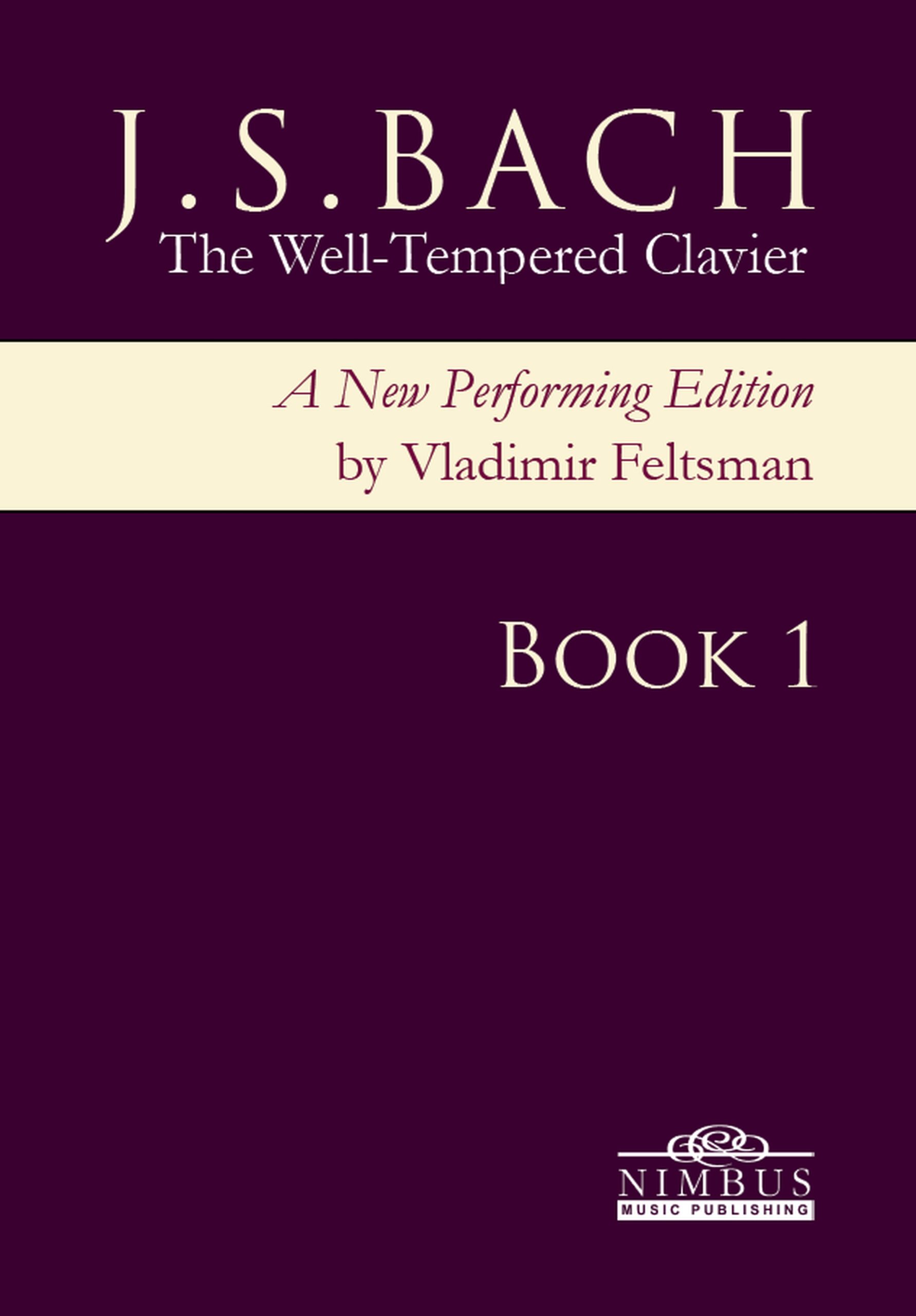
Paul Nash; Landscape of the Moon’s Last Phase; Walker Art Gallery; credit Wikipedia
Endnotes, October 2023; in this edition, premiere recordings of British piano concertos from the Lyrita label, reviewed by Stuart Millson
Aside from the thoughtfully-chosen, sometimes recondite musical material, Lyrita enhances the latter with evocative artwork, lengthy and detailed sleeve notes, containing insightful biographies of the conductors and soloists who have created the Lyrita sound. For this new CD of recordings of British piano concertos, the booklet cover is Cumulus Head, a 1944 painting by Paul Nash, evoking an English downland landscape.
Herewith three piano concertos, by composers John Addison, Gordon Jacob, and Edmund Rubra respectively. Addison’s Variations for Piano and Orchestra of 1948 is an at times quirky, at times impassioned score, designed to test any soloist and draw in an inquisitive audience. In short, a superior ‘divertissement’. Addison was best known for his film music, such as his scores for Reach for the Sky (1956) and Alfred Hitchcock’s Torn Curtain. But he was also an accomplished composer of classical music, as his Concertante for Oboe, Clarinet, and Orchestra (1948) attests.
Gordon Jacob’s Piano Concerto (1957) has a similar style to that of Vaughan Williams. The work begins with an emphatic allegro passage. But in contrast to ‘RVW’s Piano Concerto in C, premiered in February 1933 and conducted by Sir Adrian Boult, Jacob’s concerto does not conclude in peace and seclusion. Now a largely forgotten figure, Jacob was a great teacher and a prolific composer. The concerto is informed by distinct elements of nostalgia. Under the baton of Stephen Bell, the National Orchestra of Wales do justice to Jacob’s bold argument and big sound.
Of the three composers featured in this CD, Edmund Rubra, a devout Roman Catholic, is unquestionably the more mystical and introspective. He composed a large cycle of symphonies. Those familiar with Vernon Handley’s recording for Lyrita of Rubra’s Festival Overture will understand why connoisseurs of British music maintain that Rubra’s oeuvre should be given a more prominent place in our concert and Radio 3 schedules. George Vass, a champion of contemporary British repertoire, exercises admirable control over Rubbra’s concerto, notably in the intensely spiritual opening on woodwind, followed by a violin solo. And credit to pianist Simon Callaghan, whose performances at the English Music Festival have made such a profound impression.
CD details; British Piano Concertos, Addison/Jacob/Rubbra. BBC National Orchestra of Wales, conductors Stephen Bell and George Vass. Lyrita SRCD.416
Stuart Millson is Classical Music Editor of QR
***********************************************************************************
Advertisement;
Coming this October, a new performing edition of J.S. Bach, the Well Tempered Clavier by Vladimir Feltsman. The release will consist of two books each containing 24 Preludes and Fugues, alongside the release of all 48 separate scores. The scores are unaltered and are the edition published in 1886 by the Bach-Gesellschaft. However performing suggestions have been “added in light grey and are based around Baroque performing traditions, modern practices, and the editor’s experience of studying, performing, recording and teaching” (Vladimir Feltsman).
To accompany the release of the scores there will be a number of videos of each Prelude and Fugue available to help aid in the learning of the music. 41 of these are performance videos, 6 are a mix of videos and scrolling scores and one has just a scrolling score to follow.
Book 1 and 2 will be available to purchase from £19.99 and the individual scores from £2.99
For those interested in a film of Vladimir Feltsman performing J.S. Bach The Well-Clavier, you can find this available on the Nimbus records website for £19.99.












John Addison’s extensive and magnificent film and television music deserves an article on its own – “The England that never existed” as our enemies within call it. He died the same year that Michael Tippett and Enoch Powell passed away, and the Blair creature flew in.
‘The England that never existed…’ a phrase loved and repeated by the TV ‘historians’, our woke publishing houses and agitprop academics. The commissars need to venture beyond Camden, Islington and the encircling M25… England/Britain is still there: its inns (where coins of the realm are exchanged for pints and roast beef), real-ale festivals, churches, village greens (scenes of Coronation festivities), village halls, pillar boxes (surmounted by WI-knitted crowns), choirs and countryside, all ready to save us from ‘metro-mayors’, hideous concrete and metal towers; and the balderdash babble and neurotic ideology that dominates the urban republic of misery.
Philip Larkin’s poem “Going, Going” is enough to make one weep for this country, but despite the efforts of the current equivalent of Shaw’s “Breakages, Ltd”, we are still here, and now know the score. Keep your nerve, my fellow compatriots! We need never surrender to the “Leftwaffe” bombardments, if we work together. Signs of resistance and recovery are already appearing, and they cannot all be stamped out.
The composers, poets, playwrights, novelists, essayists and performers of uncontaminated patriotism will return to public esteem, along with new yet unsung younger writers who escape from the dungeons of woke and their zombified inmates. Despite the stink of decomposition, amid general western decline, fresh air will be welcomed.